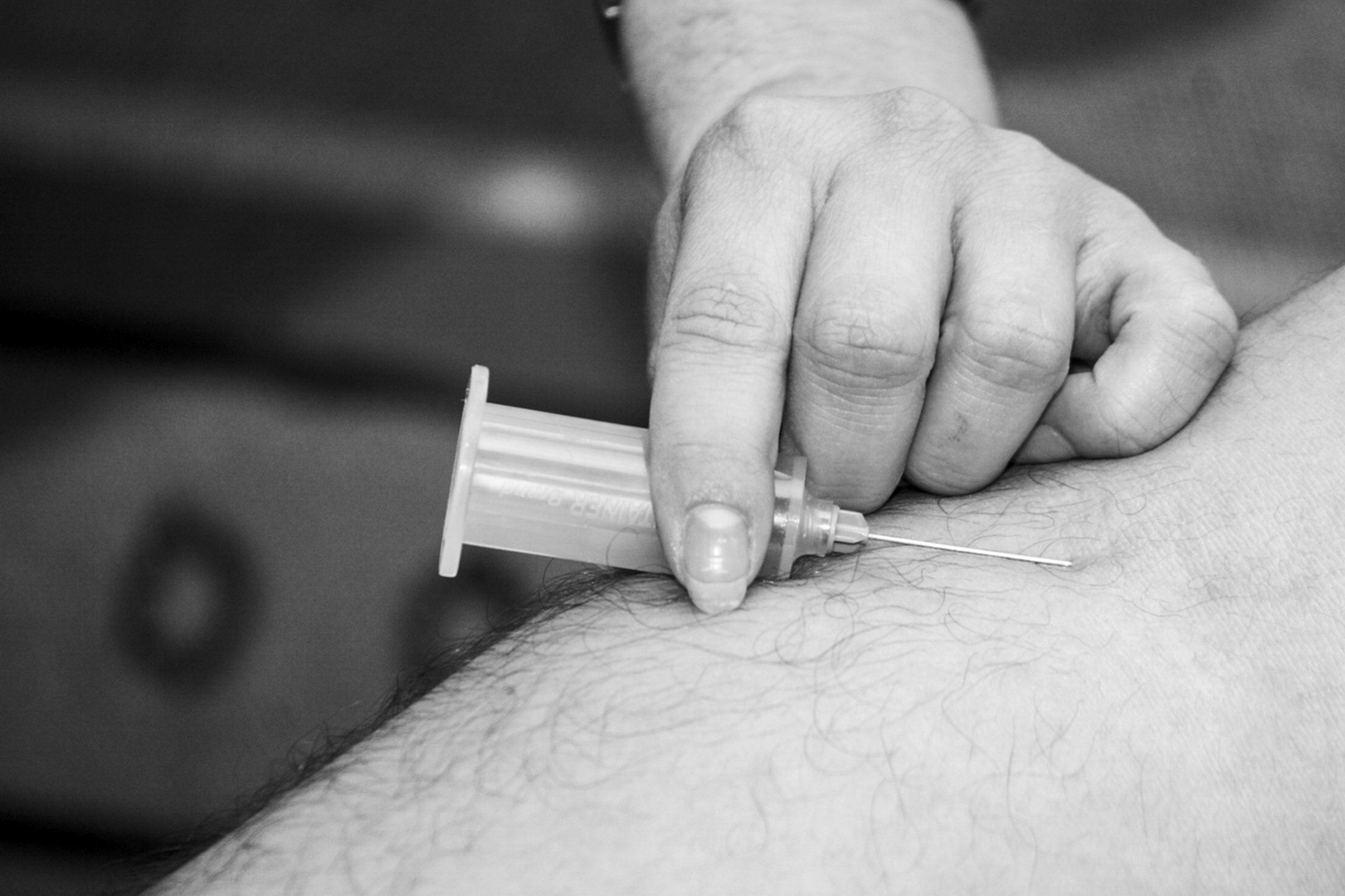 Iron deficiency is a pressing public health concerns for authorities globally. With 26% of world population diagnosed, according to new statistics published in Medical News Daily, focus is being brought to effective treatment. Research and new technology has led medical institutions to focus on high-tech solutions.However, iron deficiency and other associated anemias lead to lessened vitality and a preclusion to other conditions as the body is simply not equipped to deal with daily stresses. Devices produced through modern technology are not necessarily the most effective way to deal with this. Potentially, holistic treatment through tried-and-tested methods will help those diagnosed to mitigate their condition and enjoy a higher quality of life.The problem with technologyThere have been notable positive developments in technology to combat iron deficiency. There is a vaccine for pregnant mothers, for instance, which is particularly important given 47.4% of preschool children are anemic, according to WHO Statistics. Conversely, some treatments are designed towards better quality of life and provision of iron infusions have had the opposite effect, ranging from adverse Injectafer infusion side effects to incorrectly labelled supplementation products. This has led to medical lawsuits concerning device liability.How research is backing traditional methodsTraditional methods of iron deficiency treatment concern the replacement of iron in the blood through tablets, supplements and a diverse diet. Newer methods have used intravenous supplementation of iron levels. Research conducted by the University of Texas Southwest have shed some light on the best treatment with a late 2017 study. Their study found that traditional iron replacement methods were effective in children over newer tech, and that these results could reasonably be extrapolated to older children and adults.Will technology play a future role?While technology has taken somewhat of a backseat in treating iron deficiency anemia, it’s arguable that it will make a comeback - in tandem with traditional methods. A May 2018 study published by the Archives of Gynecology and Obstetrics found that intravenous replacement would be effective for pregnant women without causing harm to the child. On the flipside, 11% of women reported side effects, and so further research is required. In the short term, this shows that traditional methods will be most effective.Iron deficiency is often not taken seriously, as an invisible and, typically, non-life-threatening condition. However, it affects billions worldwide and causes both health and economic damage. Accordingly, research has provided a multitude of therapies; what many public health services may have overlooked is the benefit of traditional treatments.
Iron deficiency is a pressing public health concerns for authorities globally. With 26% of world population diagnosed, according to new statistics published in Medical News Daily, focus is being brought to effective treatment. Research and new technology has led medical institutions to focus on high-tech solutions.However, iron deficiency and other associated anemias lead to lessened vitality and a preclusion to other conditions as the body is simply not equipped to deal with daily stresses. Devices produced through modern technology are not necessarily the most effective way to deal with this. Potentially, holistic treatment through tried-and-tested methods will help those diagnosed to mitigate their condition and enjoy a higher quality of life.The problem with technologyThere have been notable positive developments in technology to combat iron deficiency. There is a vaccine for pregnant mothers, for instance, which is particularly important given 47.4% of preschool children are anemic, according to WHO Statistics. Conversely, some treatments are designed towards better quality of life and provision of iron infusions have had the opposite effect, ranging from adverse Injectafer infusion side effects to incorrectly labelled supplementation products. This has led to medical lawsuits concerning device liability.How research is backing traditional methodsTraditional methods of iron deficiency treatment concern the replacement of iron in the blood through tablets, supplements and a diverse diet. Newer methods have used intravenous supplementation of iron levels. Research conducted by the University of Texas Southwest have shed some light on the best treatment with a late 2017 study. Their study found that traditional iron replacement methods were effective in children over newer tech, and that these results could reasonably be extrapolated to older children and adults.Will technology play a future role?While technology has taken somewhat of a backseat in treating iron deficiency anemia, it’s arguable that it will make a comeback - in tandem with traditional methods. A May 2018 study published by the Archives of Gynecology and Obstetrics found that intravenous replacement would be effective for pregnant women without causing harm to the child. On the flipside, 11% of women reported side effects, and so further research is required. In the short term, this shows that traditional methods will be most effective.Iron deficiency is often not taken seriously, as an invisible and, typically, non-life-threatening condition. However, it affects billions worldwide and causes both health and economic damage. Accordingly, research has provided a multitude of therapies; what many public health services may have overlooked is the benefit of traditional treatments.